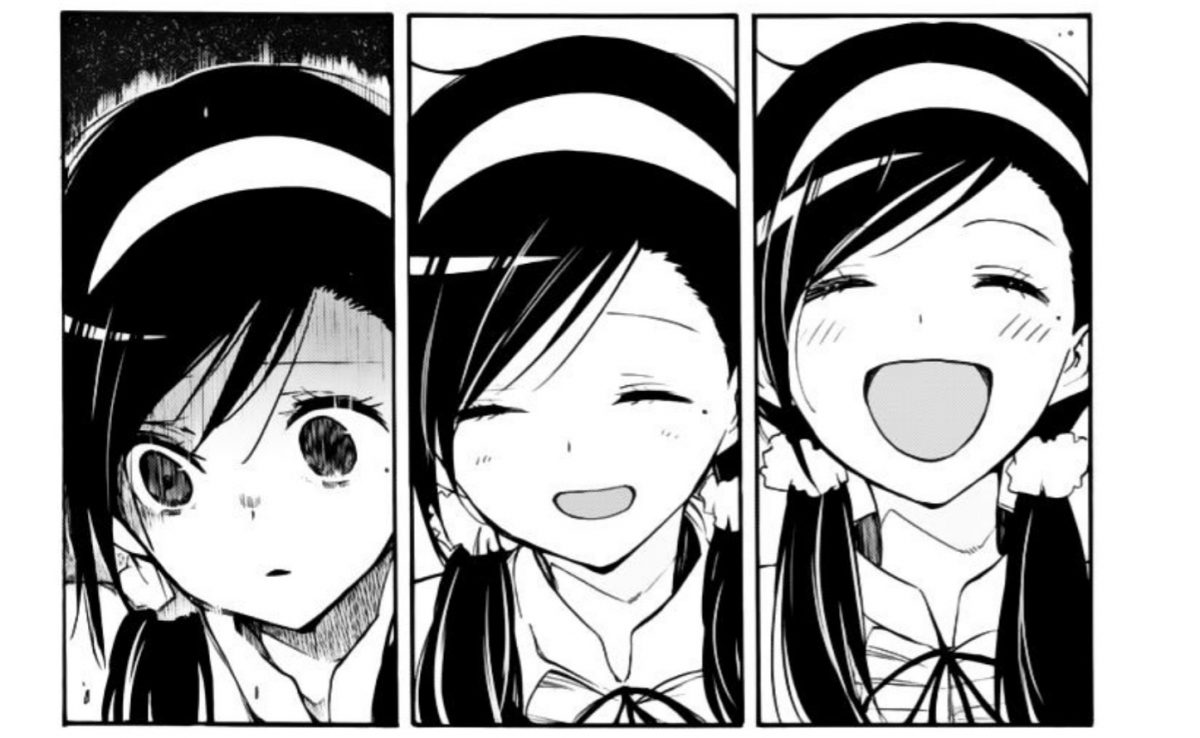Hello again from J-List. We’re still enjoying our vacation in the U.S., this time in beautiful San Luis Obispo, where we’ve come to enjoy some natural hot springs (an American version of the onsen that we love so much in Japan). We’re doing the whole tourist thing, visiting Hearst Castle, tasting wine, and eating corn chowder and potato pancakes at the Apple Farm Inn (a family tradition, whenever we’re in the area).
Language always reflects the society that creates it, and there are many interesting words that give insight into Japan. I know that I consider myself quite a unique individual, and if you said I was the same as everyone else, I might be mildly insulted. But to many Japanese, being thought of as pretty much the same as everyone else — embodied in the Japanese word futsuu, meaning “normal” or “usual” — is not a problem at all, at least on the surface. When I was in college, I strove to be as different from everyone else as I could be, reading manga and blasting JPOP music in my car, but I had Japanese friends who made funny faces if I ever implied that they were very different from other Japanese, using either the words kawatteiru (meaning “odd” or “different”) or the stronger hen (“strange”). At one of the Japanese bishoujo game companies we work with, there was a slightly odd programmer who legally changed his name to Reiji Abe, or in Japanese name order, Abe Reiji (ah-BEH REI-ji), because he wanted his name to have the same pronunciation as the English word “average” in Japanese. As an unique, individual American, sometimes I am hard pressed to understand Japan…
One thing about Japanese people: they often have a glorious, unifying sense about things, which is called joshiki which just means common sense. Joshiki pervades Japan, and helps explain why virtually all kids go to normal schools (there’s no homeschooling in Japan) or why all babies are born in traditional hospitals (alternate birthing methods are very rare). I consider it a good thing that Japanese tend to be on the same wavelength on many important issues, although there are times when they seem to be incapable of conceiving of certain things that, say, might occur to foreigners, above the obvious like child carseats (which weren’t required in Japan until 1999). A friend of ours runs a company and has rather a lot of debt, several loans at different interest rates. I suggested to him that he get one new loan at as low a rate as possible and use it to retire all the other loans he had, and this was the most brilliant idea he’d ever heard — apparently no one thinks of things like that here. Sometimes the ideas that occur to gaijin are better left unstated though. In Japan, the kanji character kimi refers to the Emperor (as in Kimigayo, the Japanese National Anthem), yet the word is also a very informal word for “you,” roughly translatable as “hey dude.” I observed that, since kimi also refers to the Emperor, it might be acceptable to use this informal pronoun when addressing the Emperor himself — surely an idea that could only occur to a gaijin. Bottom line, I don’t think the irony of my suggestion was appreciated by the Japanese staff of J-List.
Remember that J-List carries the excellent region free DVD players by Lasonic, which allow you to enjoy DVDs from all countries, not just the U.S. and Canada. Whether you want to watch the high-end indies or anime DVDs from Japan, or enjoy discs from Europe, Australia or South America, the Lasonic players we’ve got are excellent for you. The players also play just about anything you can throw at them — VCD, DVD-R/RW/R+ and more. But best of all, they’re incredibly affordable, starting at just $68 for the Karaoke-enabled DVD-7880K, $109 for the full-featured DVD-7050, and just $148 for the take-anywhere M-280, which has a 7-inch wide screen and great features. All players are shipped out of San Diego for your convenience and are fully warranted.
Since this is the last J-List update of 2005, it’s a good time to look back over the past year, which went by so fast our heads are still spinning. 2005 was a great year for J-List, and we brought cool products from Japan to tens of thousands of customers. We hope you’ll continue to expect great things of J-List in 2006! So until next time, we’ll say yoi otoshi o (“Have a Happy New Year”), which is what you say in Japanese before Jan. 1st — after the New Year arrives, you break out with the akemashite omedetou (which literally means “Congratulations on opening the New Year”).















